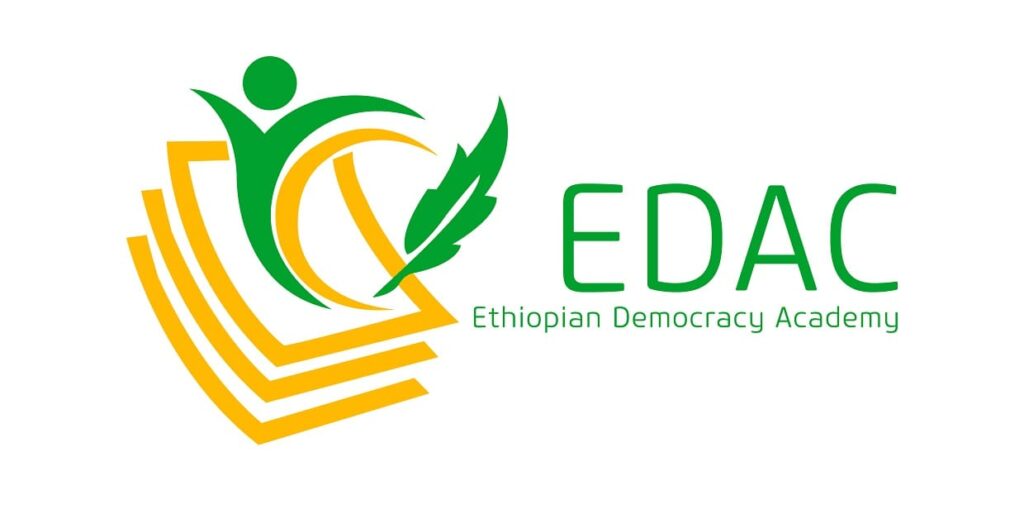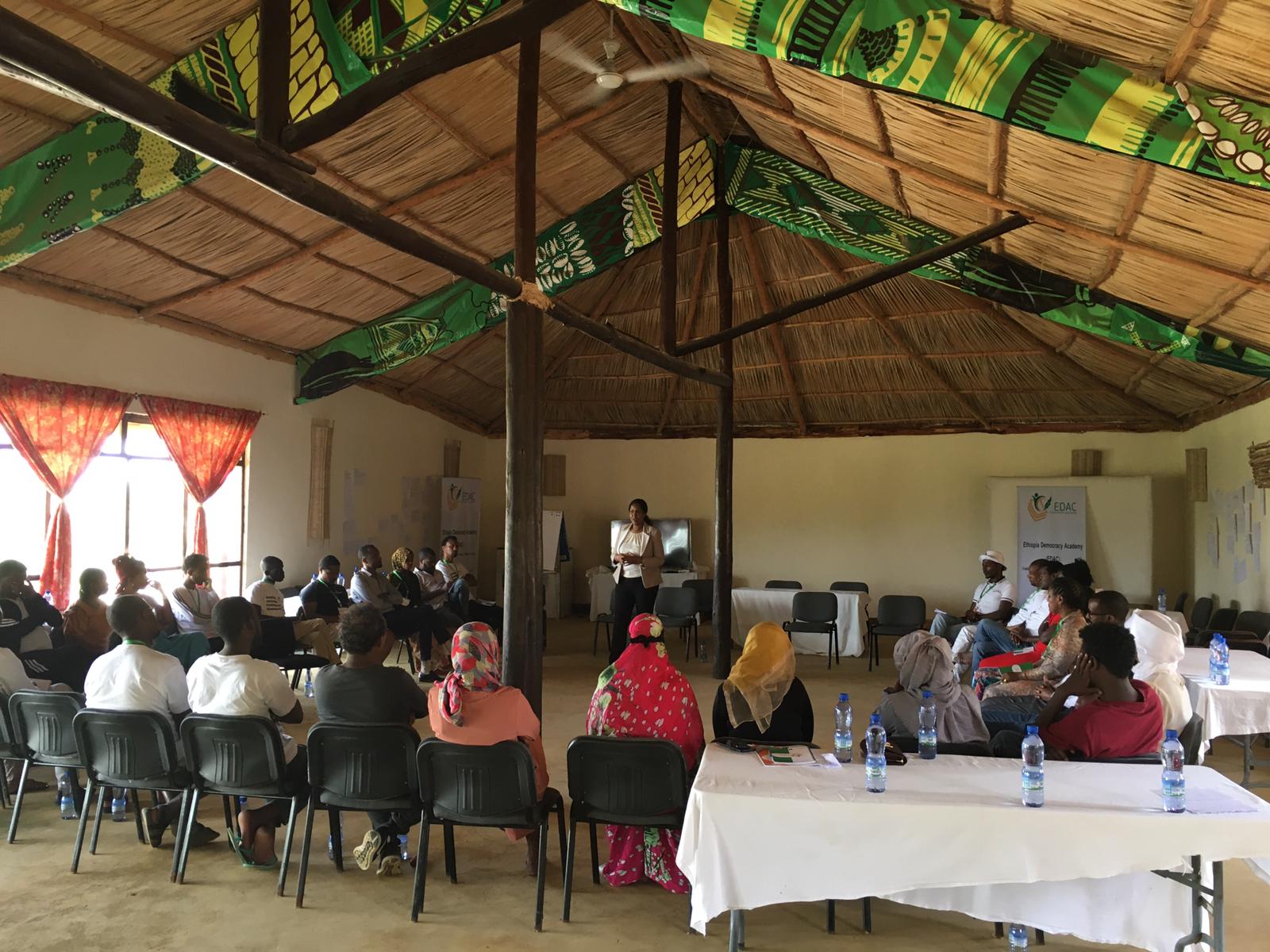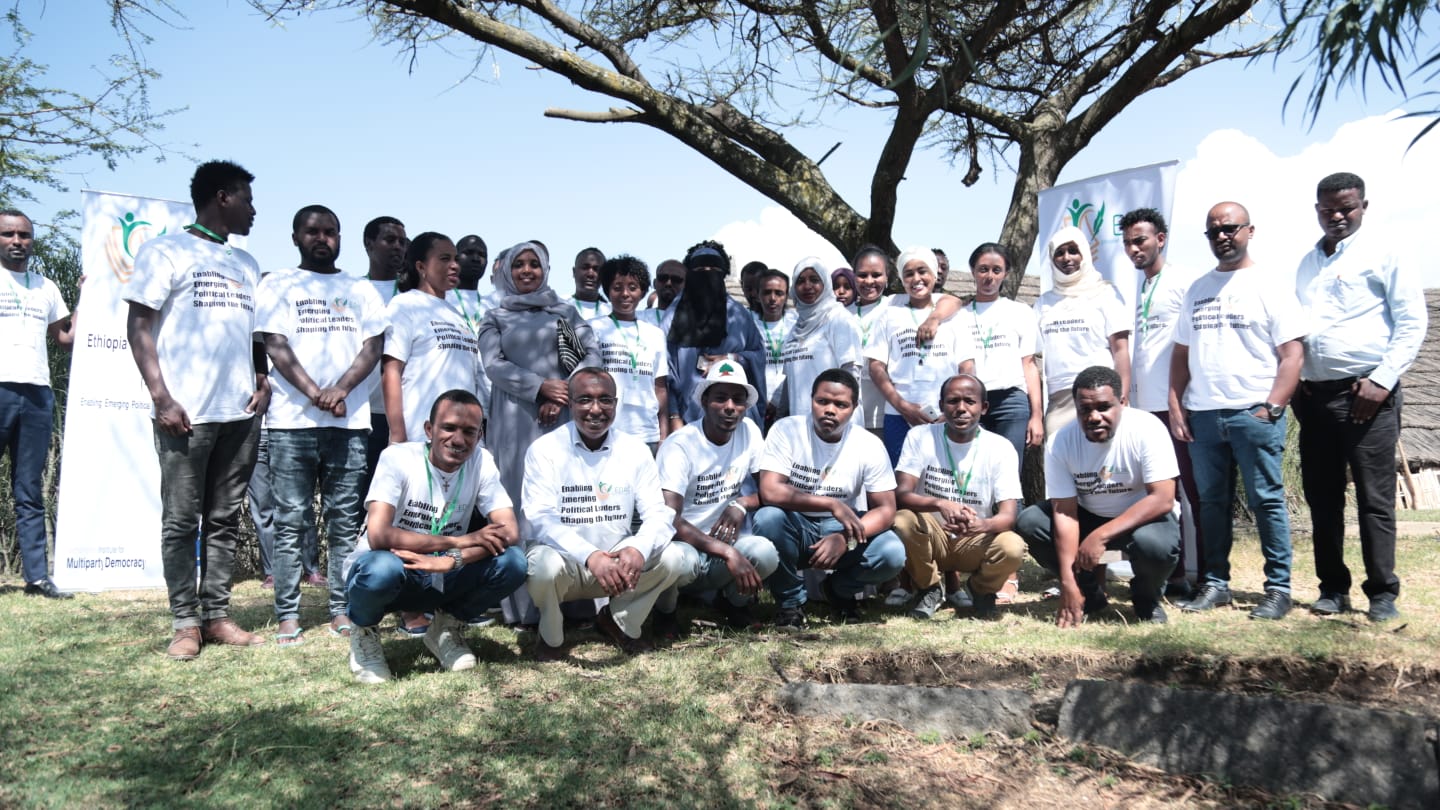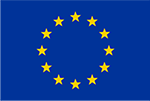Ethiopian Democracy Academy Welcomes its First Participants

In Ethiopia, NIMD’s programme has seen us working with countless politicians from across Ethiopia’s diverse political environment. In March, the Ethiopian Democracy Academy (EDAC) opened its doors to a similarly diverse group of Ethiopian politicians and activists, who came together for EDAC’s first two-and-a-half week training programme in the Lake Langano area.
EDAC, which is run with support from the European Union, seeks to train the future leaders and emerging politicians who will shape Ethiopia’s political future. It therefore works particularly with men and women aged between 25 and 40 years old, whose work as politicians and civil activists is just beginning. More than a dozen parties, representing all of Ethiopia’s nine regions, sent participants for the training.
EDAC presents a rare opportunity for representatives from Government and opposition parties from the different areas to meet as they eat, study, cook – and even play sports together! They soon organized their own meetings and activities as a multiparty unit, including football mornings and debate evenings.

Passing the torch
The training covered areas such as political economy, rule of law, human rights and federalism, providing a solid political knowledge base. However, EDAC’s setup also allows for practical skill-building through leadership training, experience sharing and discussing mind-sets. As a result, EDAC hopes its participants leave feeling far more prepared for a career in politics, with specialized knowledge for understanding Ethiopia’s unique political context.
Halfway through the training, EDAC participants were given words of encouragement by Ms Lomi Bedo, Speaker of the Oromia Regional Parliament. In sharing her experiences as a veteran politician, Ms. Bedo passed on important lessons from her career to the multiparty audience at EDAC. Ensuring that the participants could speak with seasoned politicians like Ms. Bedo is just one way EDAC promotes a culture of trust and learning between parties.
Taking women’s role seriously
Although women were represented at EDAC (with 40% of participants being female), the participants were aware that more had to be done to reach 50:50 participation, both in EDAC and Ethiopia’s parliament. The participants therefore decided to spend the second evening of the EDAC course hosting their own debate on gender issues, hoping to shed light on what for many hasn’t had much discussion before.

This is a positive sign in a highly patriarchal society such as Ethiopia’s, where women still predominantly perform traditional caring roles and play only a limited part in public life. It is therefore very encouraging to see the multiparty group of EDAC students prioritising female participation in politics, and using the lessons learned at EDAC to analyse how women’s access to politics can be further supported. There are already encouraging signs for women’s inclusion in politics, as we see more women holding senior positions – including the Presidency, Chair of the National Electoral Board, Chief Justice, and half of current cabinet positions.
Building trust between parties
The ability for EDAC to bring parties together in this way is something NIMD is extremely proud of. Being a trusted partner for parties across Ethiopia is how we can maintain dialogue between them and boost friendly relations. We as an organization are learning a lot from the parties, and look forward to continuing our cooperation with them through EDAC.
Keeping participants safe during Covid-19
Due to the developments around Coronavirus, the first Academy could not be fully implemented as planned. During the training, NIMD stayed in constant consultation with the participants, trainers and government officials on whether to continue. We eventually decided to end the course a few days early to ensure everyone got back home safe and minimize risks. NIMD is monitoring the situation in Ethiopia closely and following Government advice ahead of future activities.
_______________________________________________________________________________

This project is funded by the European Union.
